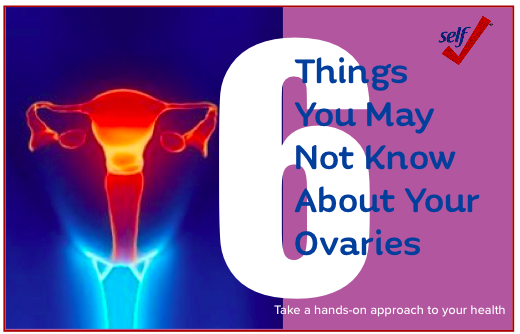Pancreatic Cancer
Risk Factors And Age
Click the Pancreatic Cancer Risk Calculator tool from The Siteman Cancer Center to help determine what your pancreatic cancer risk factors are and what you may be able to do to reduce your chances of being diagnosed.
Although more research needs to be done, there is evidence that smoking, long-standing diabetes and a poor diet increases the risk of pancreatic cancer beyond any one of the following factors alone:
Factors that may or may not increase your risk of pancreatic cancer include:
- Chronic inflammation of the pancreas (pancreatitis)
- Smoking is considered the major controllable risk factor for getting pancreatic cancer. It is thought that a quarter of all pancreatic cancers are due to nicotine consumption, including cigarettes, cigars, and smokeless products. It’s important to know that this risk can immediately decrease once a person stops smoking.
- Diabetes, may be a cause and a symptom. Although the specific reason is not identified, it has been noted that pancreatic cancer is more common in individuals who have Type 2 Diabetes. It should be noted that Type 2 Diabetes is common in people who are overweight; therefore dietary changes can reverse some diabetic symptoms and in turn reduce the risk of pancreatic cancer.
- Family history of genetic syndromes; including a BRCA2 gene mutation, Lynch syndrome and FAMMM, a condition characterized by the presence of multiple moles.
- Family history of pancreatic cancer
- Obesity is a reversible risk factor. Ideally, you want to aim to get your BMI (body mass index) lower than 30. Even individuals not considered obese, but who carry excess weight around their mid-section, are at a higher risk for pancreatic cancer.
- Older age, as most but not all people are diagnosed after age 65. Talk to your health professional if you have two or more first-degree relatives who have had pancreatic cancer, a first-degree relative who developed pancreatic cancer before the age of 50, or an inherited genetic syndrome associated with pancreatic cancer. The Pancreatic Cancer Action Network (PanCAN) strongly recommends consulting with a genetic counselor to determine your risk and eligibility for a screening program.
- Gender affects men slightly more than women. Although the exact reason is not identified; some theories include the fact that men may consume more tobacco products. As noted earlier, excessive tobacco use may increase the risk of pancreatic cancer.
- Chemical exposure to certain types of chemicals and/or metal may also increase the risk of pancreatic cancer.
There are some risk factors with unclear effects, such as:
Poor diet
Some, not all, studies have found that a diet high in processed meats (such as bacon and sausage) and low in vegetables and fruit has been linked to pancreatic cancer. However, studies on this subject are still being conducted.
Inactivity
Some research may suggest that not enough exercise may increase the risk of pancreatic cancer. However, not all of the research points to this conclusion.
Excessive coffee consumption
Some older studies suggest that heavy coffee drinkers may have an increased risk of pancreatic cancer; however, this has not been confirmed.
Alcohol use
Some studies have made a connection between pancreatic cancer and heavy alcohol use. Even though these studies are not certain – it is certain that heavy alcohol use can lead to such illness as chronic pancreatitis, which is known to increase the risk of pancreatic cancer.
Resources: Mayo Clinic & Seenamagowitzfoundation










